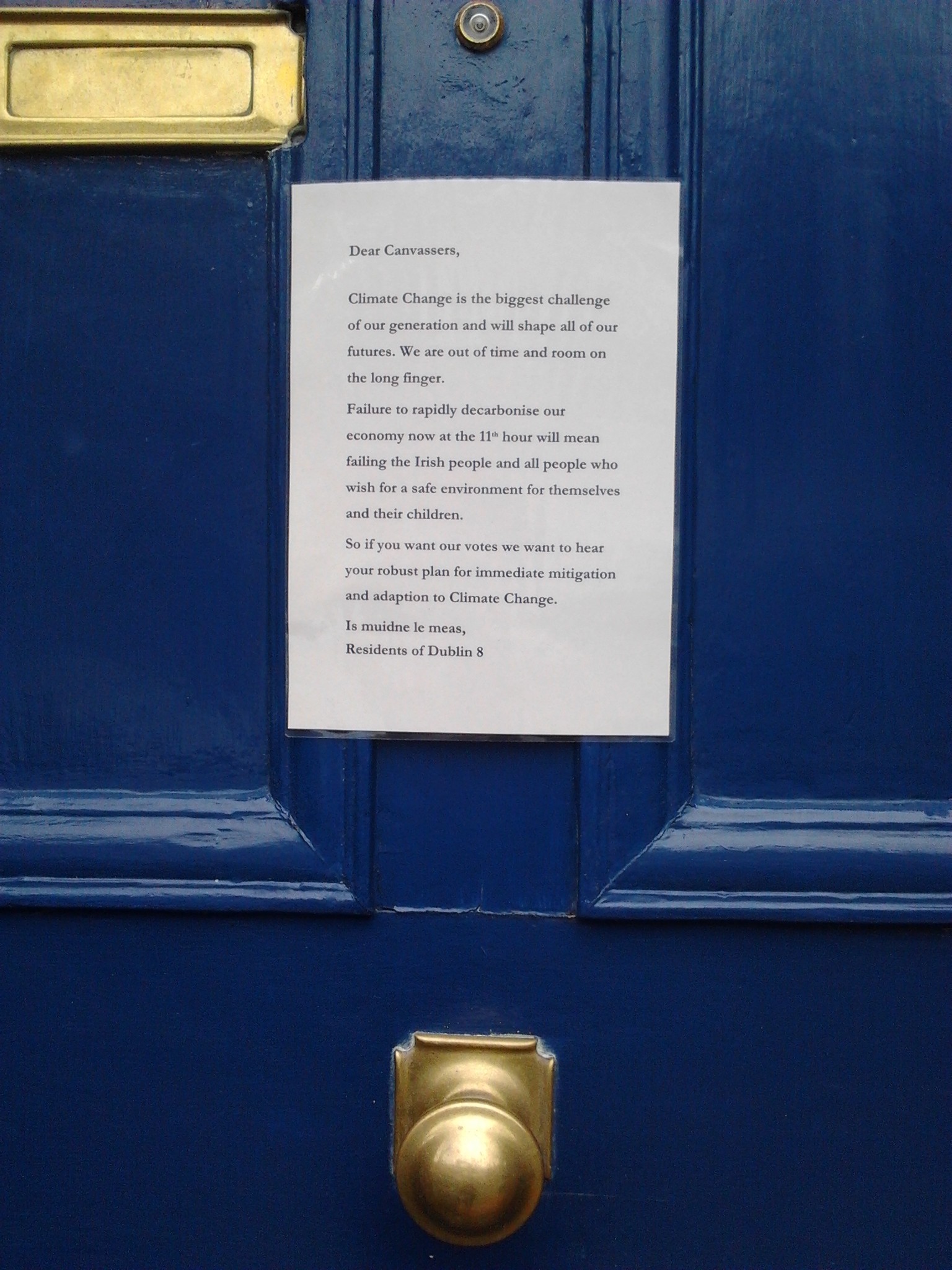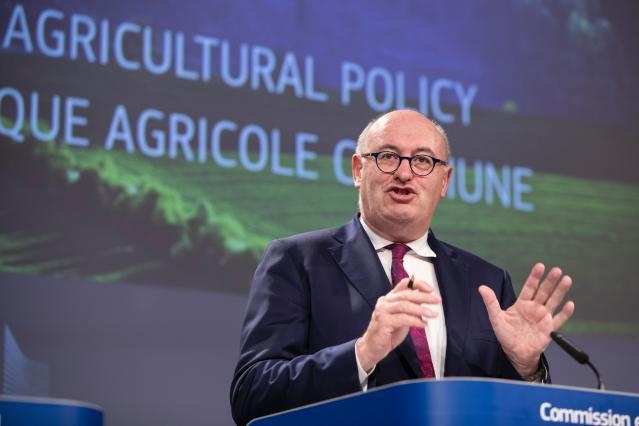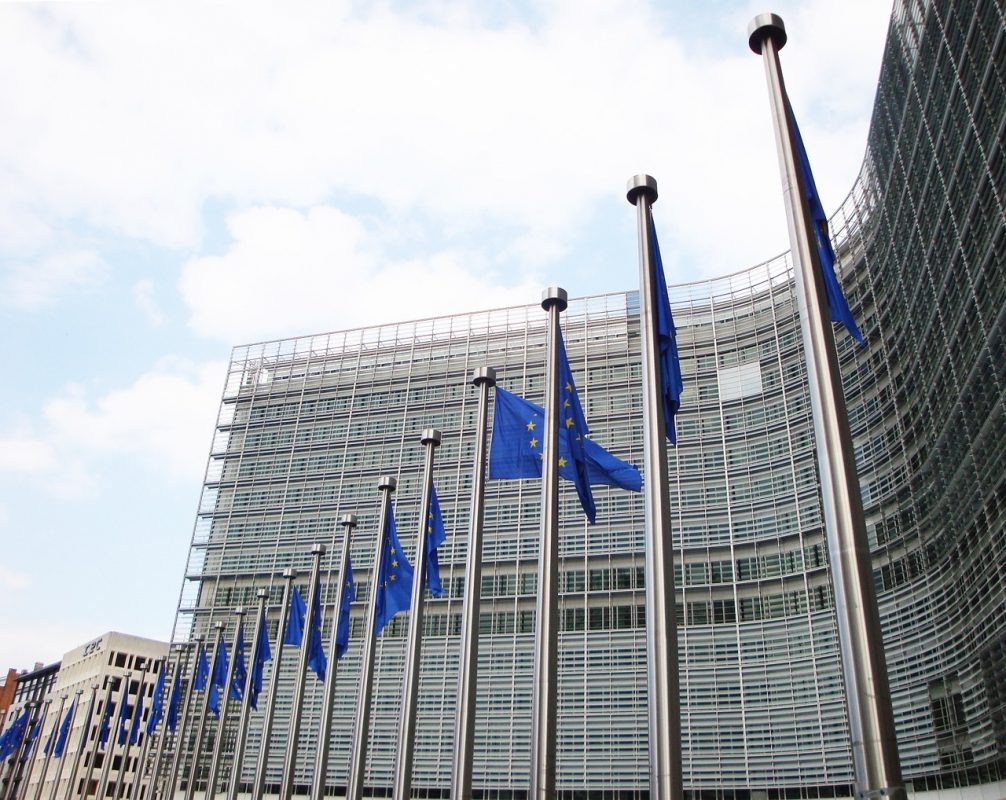European Commission launches online tool to help cities become more sustainable

May 29th, 2018
EU Green week, Europe’s biggest environmental event, has resulted in the launch of new software to help cities become more sustainable.
The EU also set new recycling and landfill reduction targets, and will adopt strict new rules to ensure targets are met.
The new rules set targets for 55 per cent of all municipal waste to be recycled by 2025, 60 per cent by 2030 and 65 per cent by 2035.
Another target is to ensure that only 10 per cent or less of municipal waste reaches landfill by 2035. A separate collection of bio-waste will become obligatory by 2023.
Due to predictions that 80 per cent of Europeans will live in an urban area by 2020, cities became the primary focus of Green Week this year.
The goal is to make cities greener and encourage citizens to pursue a sustainable future, with the European Commission launching a Green City Tool.
The online tool is free to use and can be used by everyone, city representatives and residents alike, who want to make their city greener.
It allows citizens to assess the current environmental state of their city, and rate their city against others.
Citizens can use the tool anonymously or, if they wish, register themselves officially, and put them on the Green City map, to show others that they are committed to becoming more sustainable, and communicate what they are planning to do next.
Launching the tool at a high level conference in Brussels on the 22 May, Commissioner for the Environment, Karmenu Vella, said the tool is “a source of information and advice” for anyone who wants to learn more about “how we can make cities greener and more sustainable”.
Users first select the environmental area they would like the focus on. Topic choices include waste, nature and biodiversity, climate change adaptation, and a wide range of other choices.
Users then fill out a questionnaire relating to their city, based on their selected topic. The results can be compared against other cities that have been registered on the map and used as a jumping off point to bring about change.
Guidance and improvement recommendations are offered for the selected topic. It can be seen on a map which cities have undertaken the assessment, how they have done and what commitments they plan to become more sustainable.
Green Week saw events take place all over Europe, beginning in Utrecht, the Netherlands and ending in Madrid, Spain.
[x_author title=”About the Author”]







